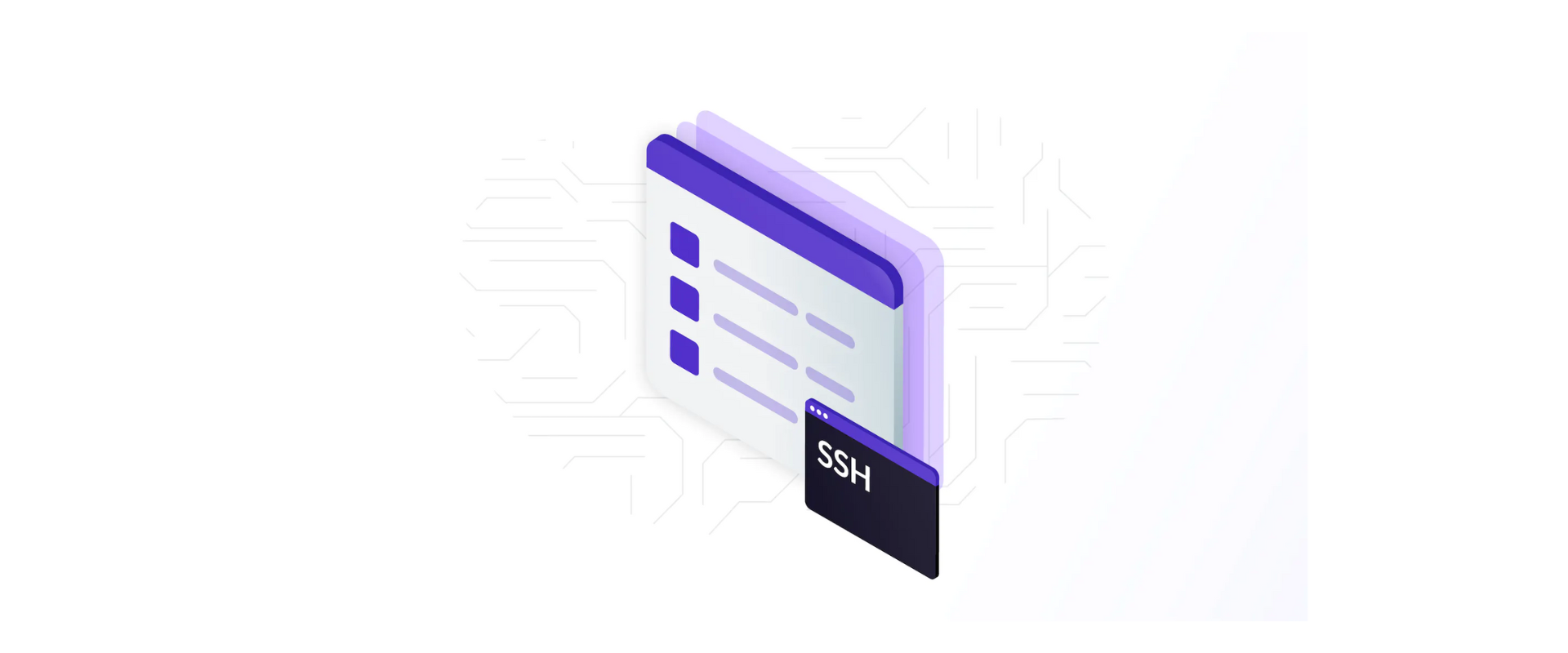
SSH audit logging is essential for system security, and it’s often an important part of compliance regulations. Developers and administrators should only be granted access to the resources they need, and a continuous monitoring system should be in place to ensure that they aren’t abusing that access.
In this article, we’ll explore some methods you can use for SSH audit logging, including creating trackable logs, preventing log manipulation, and using an interactive logging tool.
For audit logging for SSH to be effective, you can assign each user a unique login. This approach enables you to track user logins and logouts in the /var/log/auth.log file. You can also change the log level by setting LogLevel VERBOSE in sshd_config to provide more detailed information.
Don’t be tempted to create shared credentials like “admin,” which mask the real identity of a user in your logs.
It’s also important to ensure that users don’t have privileges to amend auth.log or any other log file. No user should ever be able to delete or otherwise manipulate their access history. Typically, only the syslog user can write to auth.log, and only other members of the adm group can read it. However, if a user has root access, they can both read and write to auth.log — and anything else on their system.
When you’re equipped with information about who logged in and when, you can inspect that user’s .bash_history file to discover what commands they executed during their session. There are also interactive logging tools such as tlog (part of Red Hat Enterprise Linux) that allows terminal I/O recording with a “playback” functionality which can be used to see the commands users executed in the authorized sessions.
If you are using .bash_history, ensure to remove write access to .bash_history to prevent the user from removing or disguising their activity.
A malicious user who wants to hide activity in their bash history could use one of several methods. One method is to clear the file’s contents, or even remove the file entirely, using commands like:
or
To prevent this deletion, you can change the file to append-only by using the chattr command:
A nice side effect of setting this flag is that it also prevents the user from linking .bash_history to /dev/null.
To apply this setting to all users with a single command, execute:
More technically adept users might try to avoid logging commands to .bash_history by changing the default values of HISTFILE or HISTFILESIZE to a different file location and null, respectively. So, you might consider marking these settings as read-only in /etc/bash.bashrc or in /etc/profile and prevent users from modifying those configuration files too.
While you can script all this, it’s a rather cumbersome method of audit logging for SSH. And, if you detect malicious activity, it can be rather tricky to piece together what took place. You can only see the commands the user executed and not what happened as a result of those commands.
Using a purpose-built logging tool (e.g., Fluentd, Logstash) and databases (e.g., Elasticsearch, Splunk) helps create a tamper-proof database of access logs. For production use cases, always create a centralized log repository maintained on a dedicated server. Document-oriented and time series databases are best suited for storing access log data.
Alternatively, you can consider a complete solution for managing SSH access, such as the open-source solution Remoteler. In addition to secure access management features, Teleport maintains the SSH audit log of everything happening on a Linux server, including event log (login attempts, file transfers, code execution, filesystem changes, or network activity) and session-recording (interactive SSH sessions are recorded for future replay).
SSH audit logging is vital to keeping your systems secure. This article covered some basic auditing techniques and introduced more advanced tools such as the open-source solution Remoteler, which offers a holistic approach to identity-based server access and SSH audit logs. Learn more today about how you can manage access and create rich audit logs with our SSH Server Access solution.